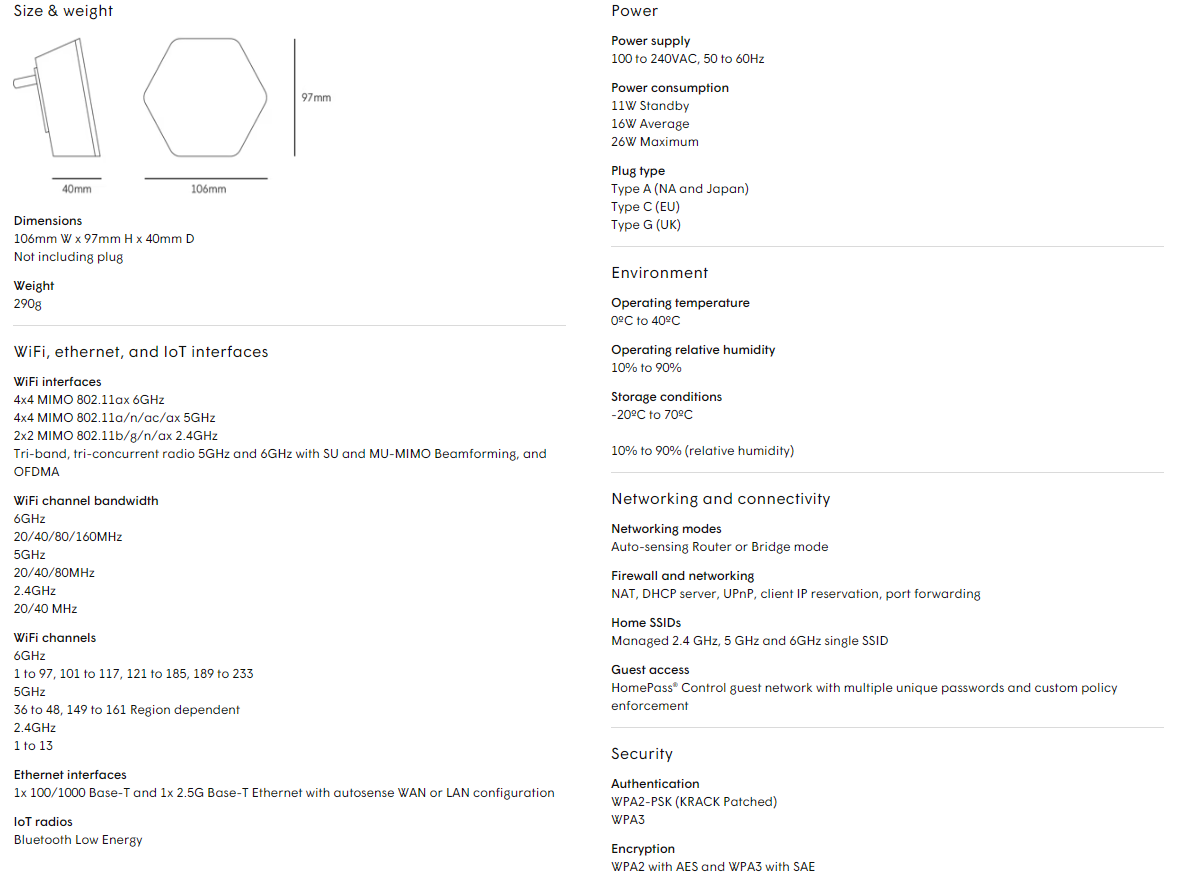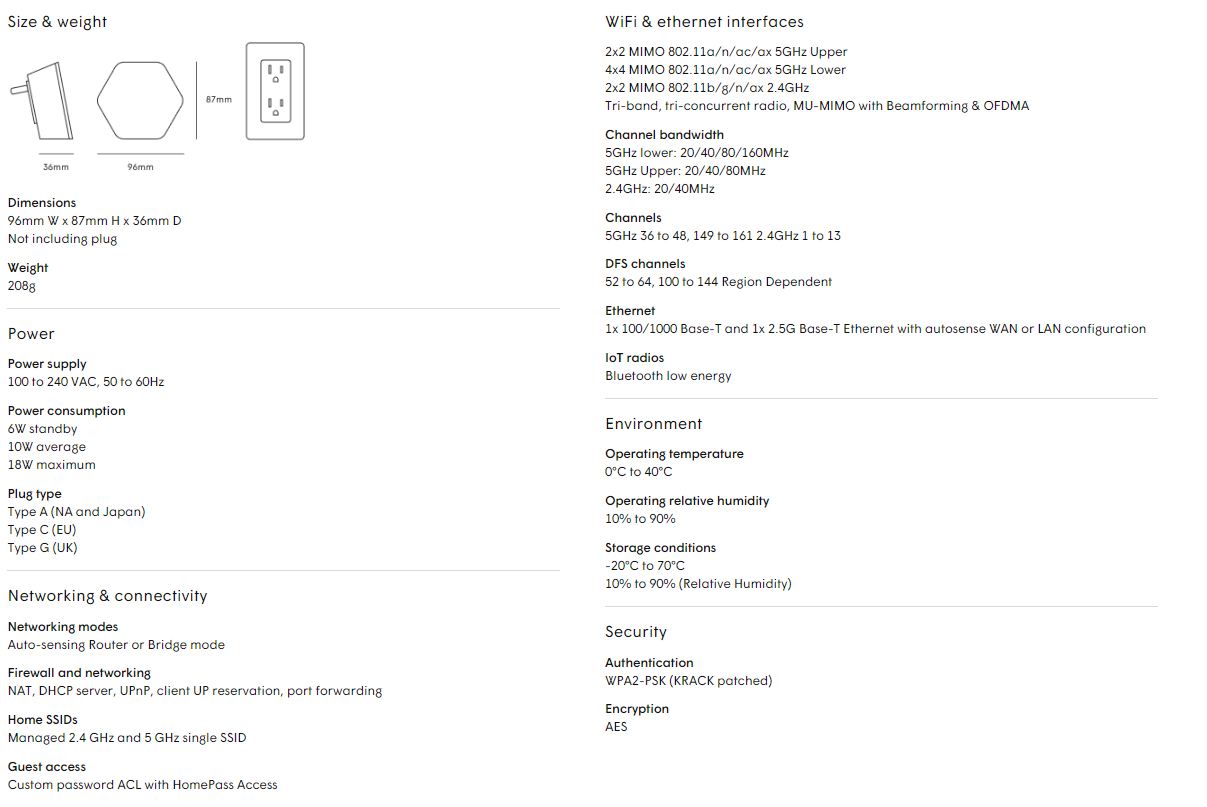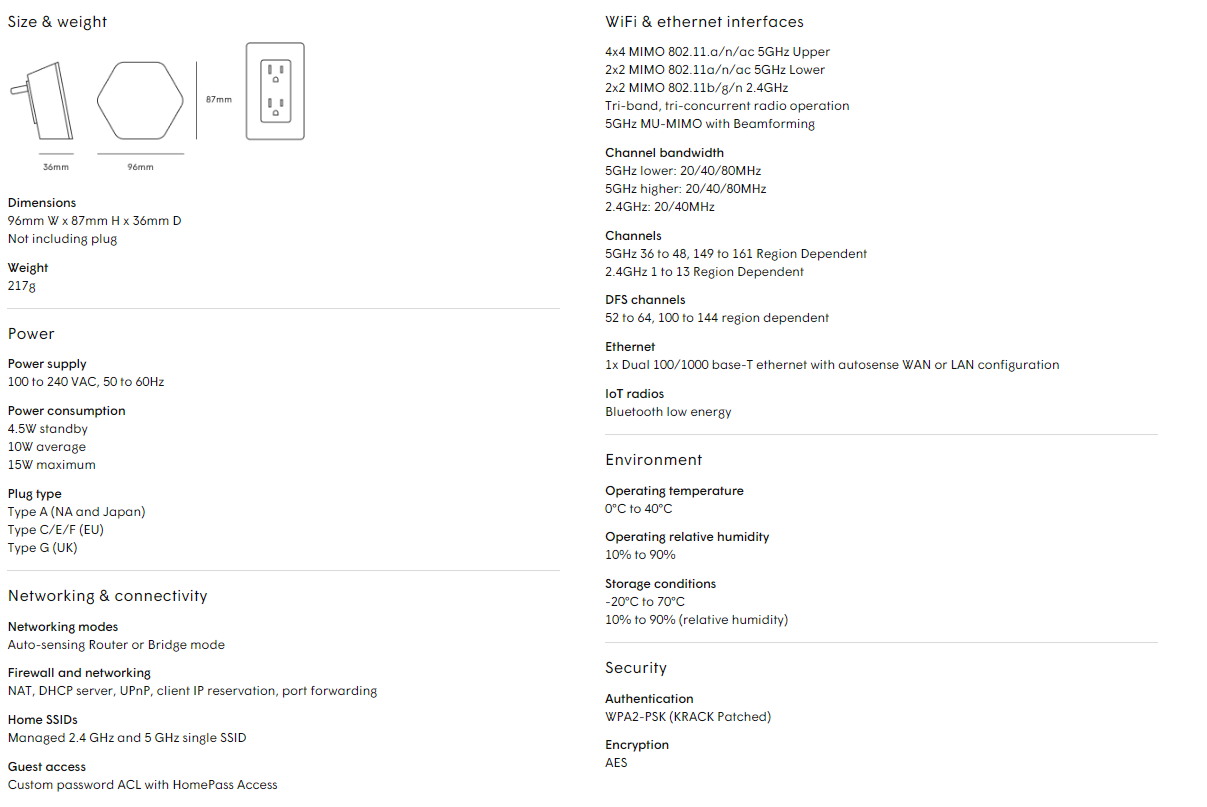Recently, malware researchers discovered a trojan app on the Google Play Store. Trojans are apps or software that appear legitimate but are actually malicious. Thousands of users downloaded this app before knowing it was malicious. So, it’s important to learn how to spot malicious apps.
- The app’s permissions. Malicious apps often request excessive permissions that are unnecessary for the app’s stated purpose. For example, a flashlight app should not need access to your contacts or location.
- The app’s reviews. If an app has a lot of negative reviews, it’s a good sign that something is wrong.
- The app’s developer. If you’re unfamiliar with the app’s developer, do some research before downloading the app.
Remember to:
- Only download apps from trusted sources. Google Play and Apples Stores are generally safe places to download apps, but some malicious apps still slip through the cracks. If you’re unsure whether an app is safe, it’s best to avoid it.
- Enable security settings on your device. Most devices come with security settings that can help protect you from malicious apps. For example, you can enable Google Play Protect, which scans apps for malware before downloading them.
- Be careful what you click. Malicious apps often use phishing attacks to trick users into clicking on malicious links. If you receive a text message or email from an unknown sender, be careful about clicking on any links in the message.
By following these tips, you can help protect yourself from malicious apps. However, it’s important to remember that no security measure is foolproof. If you think you may have downloaded a malicious app, it’s important to take action immediately. Uninstall the app and contact your device manufacturer or carrier if you need help.
Stop, Look, and Think. Don’t be fooled.
Protect your network! Learn more about security awareness training for your team.









